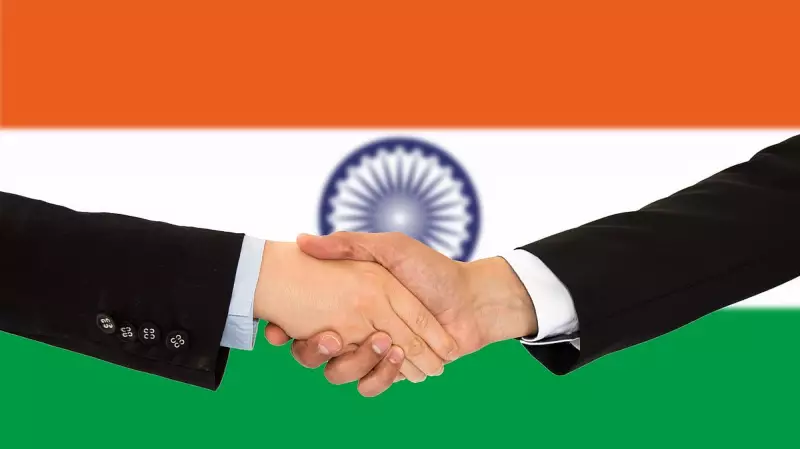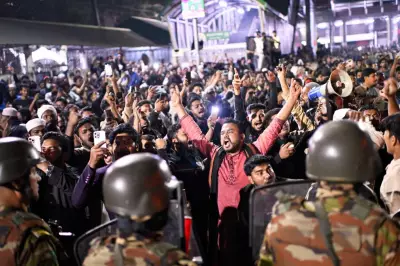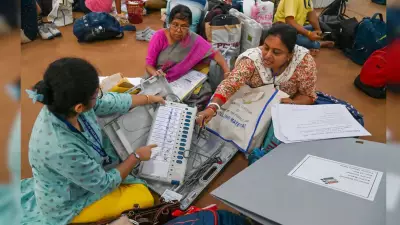
India is facing a critical challenge in global diplomacy that threatens its international standing and strategic interests. According to recent analysis by expert Dilip Cherian, the country's minimal presence in key international centers has become more than just an oversight—it represents a significant strategic vulnerability that competing nations are actively exploiting.
The Scale of India's Diplomatic Deficit
The problem extends across multiple crucial international hubs, from Washington and Brussels to West Asia and Singapore. This insufficient diplomatic footprint means India is consistently outnumbered, outspent, and outplayed in critical international forums and negotiations. The situation has reached a point where rivals are aggressively taking advantage of India's limited engagement in these vital centers of global influence.
Last updated on November 11, 2025, at 08:53 IST, the assessment by Dilip Cherian highlights how this diplomatic shortfall is affecting India's ability to protect and promote its interests on the world stage. The timing is particularly concerning given the rapidly evolving global geopolitical landscape.
Strategic Centers Being Overlooked
The identified gaps span across several regions that are crucial for India's foreign policy objectives. In Washington, the heart of American power and influence, India's limited presence reduces its ability to shape policies affecting bilateral relations and global governance.
Similarly, in Brussels, the headquarters of the European Union, inadequate representation hampers India's engagement with one of the world's largest economic blocs. The European Union remains a critical partner for trade, technology cooperation, and multilateral initiatives.
Perhaps most alarming is the insufficient focus on West Asia, given the region's importance to India's energy security and the welfare of millions of Indian expatriates. Meanwhile, Singapore serves as a crucial hub for Southeast Asian diplomacy and economic engagement, another area where India needs stronger representation.
Consequences and the Way Forward
The consequences of this diplomatic deficit are already manifesting. Competing nations are filling the vacuum left by India's limited engagement, securing advantages in trade agreements, strategic partnerships, and influence over international organizations.
This situation represents what experts describe as a strategic vulnerability that could have long-term implications for India's economic and security interests. The need for immediate corrective measures is apparent, though the solutions will require significant investment in diplomatic resources and strategic planning.
The analysis suggests that without urgent action to strengthen India's diplomatic presence in these key international centers, the country risks falling further behind in the global competition for influence and partnership. The challenge now lies in developing a comprehensive strategy to address these gaps before they cause irreparable damage to India's international standing.





